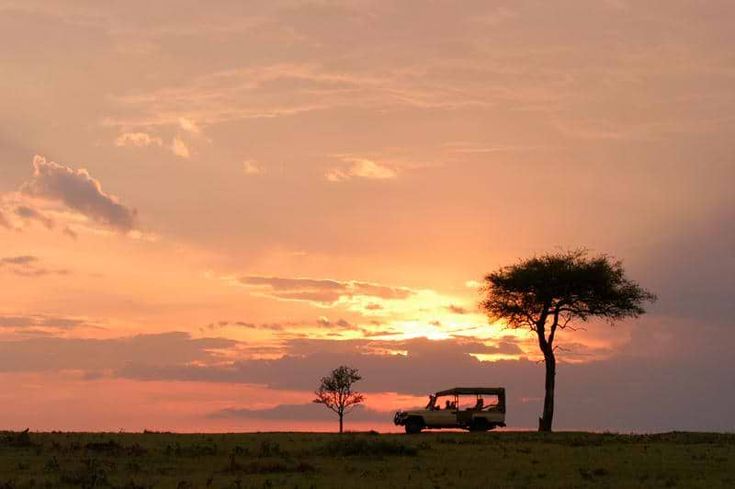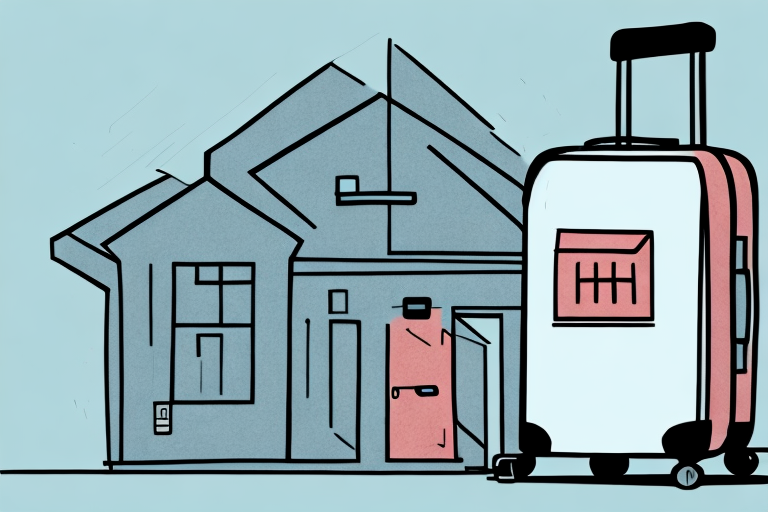The African Dream Is Still to Leave Africa

At a recent graduation ceremony in Accra, the keynote speaker gave a powerful speech about the future of the continent. He urged the graduating class to be “leaders of tomorrow” and “stay and build the Africa of our dreams.” But once the cap throwing and fanfare ended and the photoshoots were over, reality returned.
In conversations, the real graduation plan was clear: get out. Canada, UK, Australia, anywhere but the continent and country where you were born and bred.
Because for many young Africans, the dream is not to build Africa. The main dream is to survive it and its systems and more preferably from a distance.
We often hear about the “American Dream,” that old dream of working hard and reaping success.
But what, then, is the “African Dream”? If we are honest, it is often the justification for boarding a plane to another land, crossing oceans. After all, “who no like better thing?”

Photo Credit: Lets Learn Slang
Why Is the Dream to Leave?
Africa is home to the youngest population in the world, brilliant, vibrant, and increasingly disillusioned. The desire to leave is not born of hate for one’s homeland, but out of exhaustion.
Decades of poor governance, underfunded education systems, unstable electricity, and a terrifying mix of insecurity and inflation have made daily life feel like a test of endurance.
Graduating with first-class honours in Nigeria doesn’t guarantee a job. Starting a business in Sudan doesn’t guarantee peace. Raising a family in Congo doesn’t guarantee safety. For many, staying feels like gambling with your future. So they leave or dream of leaving.
Social media has only widened this gap between dream and reality. Every scroll shows an old classmate now in the UK, a cousin who just got their masters in Canada, a friend who posts snow selfies from Sweden. The algorithm rewards the illusion that abroad equals advancement, and soon enough, the mind follows.
“Making It” Is Still Measured in Miles
In many African homes, the child who left is the golden child. They become the yardstick, the success story.
It is not about what they do abroad, it is about the fact that they are not here. Even if they are working four jobs and battling loneliness, they are still seen as better off than their peers who stayed.
Social Insight
Navigate the Rhythms of African Communities
Bold Conversations. Real Impact. True Narratives.
There is even a new code of achievement: "She is in Canada now." "He just got his visa approved." "She married a UK citizen." These statements are not just updates, they are yardsticks of accomplishments.
And so the African Dream becomes deeply attached with distance. Not just the literal miles between one country and another, but the symbolic distance from failure, frustration, and fear.
The Cost of the Dream
But no dream comes free. Africa is losing talent. The doctors who leave Nigeria to work as nurses in the UK. The engineers from Ethiopia who become Uber drivers in Germany.
The lecturers from Nigeria doing factory work in the U.S. The continent is exporting its best minds, not as ambassadors, but as escapees.
And what about those who go and lose themselves? Identity can become blurry. Few adapt, many shrink. They hide accents, alter names, and bleach roots. The burden of being African abroad is not just the passport you carry, but the stereotypes that come with it.
The emotional toll is real too. Loneliness is common. Racism is subtle but exhausting. The cost of living is high.
Many migrants spend years repaying debts they incurred just to get out. The dream doesn’t always deliver, but it is taboo to say so. After all, you made it, right?
But many didn’t. Some are stuck in circle. They are asylum seekers, undocumented migrants, overstayers. The dream turned into detention. The dream turned into deportation. The dream turned into silence.
When the Dream Doesn’t Deliver
In recent years, we have seen more returnees — some by choice, others by force and not all come back with triumph.
Many return with a different kind of heartbreak, not of failure, but of misalignment. They realize they swapped one hard life for another.
Those who stayed back sometimes feel like the forgotten ones. They are mocked for “not trying hard enough” to leave. But not everyone can leave and not everyone should.

Photo Credit: Africa Briefing
Social Insight
Navigate the Rhythms of African Communities
Bold Conversations. Real Impact. True Narratives.
What Happens to Those Who Stay?
They survive. Some thrive, most struggle, but they survive.
In a continent where success is often measured in visas, those who stay are not celebrated enough. Yet, they are the ones who keep the lights on when there is power at all.
They teach, they build, they innovate against the odds. They are the quiet backbone of a broken system.
Some rise. Some like the tech entrepreneurs in Kenya, fashion designers in Senegal, content creators in South Africa. However, these stories are exceptions. For the average young African, staying feels like settling and that shouldn’t be the case.
Reimagining the African Dream
The African Dream should not be synonymous with escape. It should be about the freedom to choose. The freedom to stay, to build, and to thrive here.
But to make that dream believable, the continent must first deliver something tangible: stability, opportunity, dignity.
It is not romantic to ask people to stay in broken systems. It is irresponsible to guilt people into patriotism when their basic needs are unmet. But it is possible to reimagine a future where leaving isn’t the only way to live.
What if we started celebrating those who stay as much as those who leave? What if success wasn’t tied to airports, but to impact? What if home became a place worth dreaming about not just running from?
The Dream That Left Us Behind
The African Dream is still to leave Africa. That truth is painful but undeniable. Yet, dreams evolve.
And maybe, just maybe, with the right leadership, the right investment, and the right vision, we can begin to craft a new dream, one that does not begin with a visa application.
Until then, the African Dream remains what it has always been: a flight ticket and packed bags.
Social Insight
Navigate the Rhythms of African Communities
Bold Conversations. Real Impact. True Narratives.
You may also like...
When Sacred Calendars Align: What a Rare Religious Overlap Can Teach Us

As Lent, Ramadan, and the Lunar calendar converge in February 2026, this short piece explores religious tolerance, commu...
Arsenal Under Fire: Arteta Defiantly Rejects 'Bottlers' Label Amid Title Race Nerves!

Mikel Arteta vehemently denies accusations of Arsenal being "bottlers" following a stumble against Wolves, which handed ...
Sensational Transfer Buzz: Casemiro Linked with Messi or Ronaldo Reunion Post-Man Utd Exit!

The latest transfer window sees major shifts as Manchester United's Casemiro draws interest from Inter Miami and Al Nass...
WBD Deal Heats Up: Netflix Co-CEO Fights for Takeover Amid DOJ Approval Claims!

Netflix co-CEO Ted Sarandos is vigorously advocating for the company's $83 billion acquisition of Warner Bros. Discovery...
KPop Demon Hunters' Stars and Songwriters Celebrate Lunar New Year Success!

Brooks Brothers and Gold House celebrated Lunar New Year with a celebrity-filled dinner in Beverly Hills, featuring rema...
Life-Saving Breakthrough: New US-Backed HIV Injection to Reach Thousands in Zimbabwe

The United States is backing a new twice-yearly HIV prevention injection, lenacapavir (LEN), for 271,000 people in Zimba...
OpenAI's Moral Crossroads: Nearly Tipped Off Police About School Shooter Threat Months Ago
ChatGPT-maker OpenAI disclosed it had identified Jesse Van Rootselaar's account for violent activities last year, prior ...
MTN Nigeria's Market Soars: Stock Hits Record High Post $6.2B Deal

MTN Nigeria's shares surged to a record high following MTN Group's $6.2 billion acquisition of IHS Towers. This strategi...
